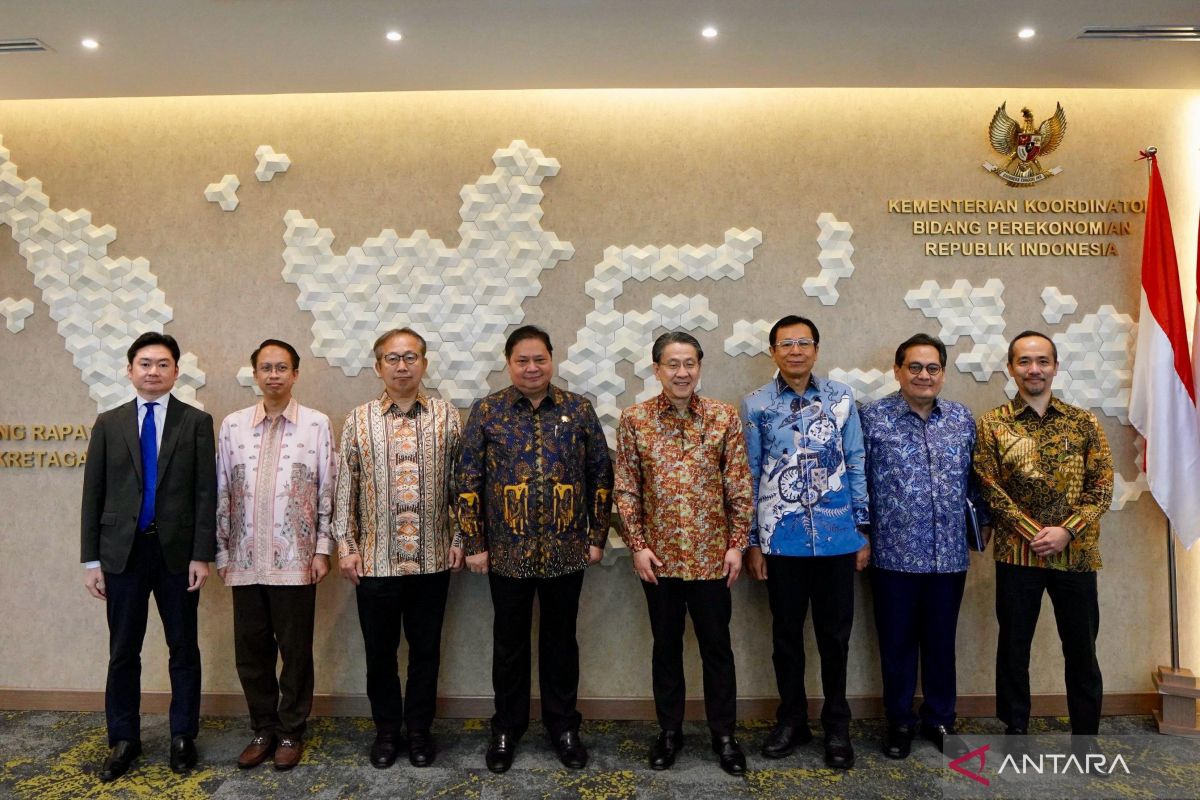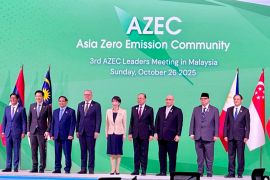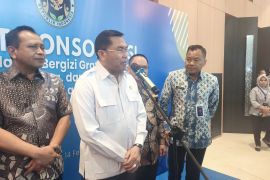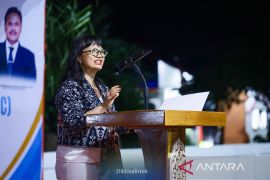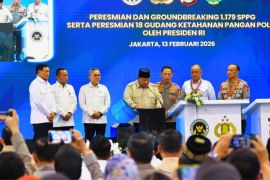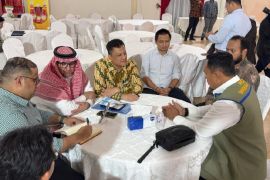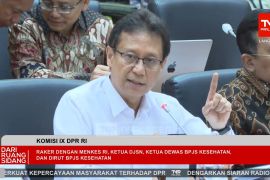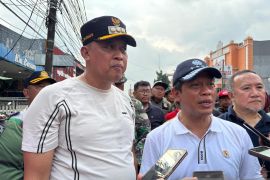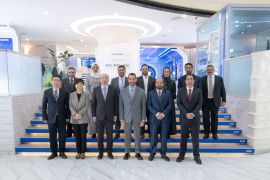The Coordinating Minister for Economic Affairs Airlangga Hartarto stated that the AZEC initiative was a key highlight of the meeting between President Prabowo Subianto and Japanese Prime Minister Shigeru Ishiba last January.
He conveyed this during a meeting with the Chairman of the Japan Bank for International Cooperation (JBIC), Tadashi Maeda, and AZEC Ambassador for Promotion, Takio Yamada.
"We must swiftly realize the commitment of both heads of state regarding the development and implementation of flagship projects within the AZEC framework, particularly the Muara Laboh Geothermal Power Plant (PLTP)," Hartarto stated in a statement on Sunday.
During the meeting, JBIC Chairman Tadashi Maeda provided updates on JBIC's ongoing cooperation in Indonesia, including energy transition efforts with the state-run electricity company PLN, particularly in the development of the Java-Sumatra transmission network.
Maeda also outlined Japan's new renewable energy strategic plan, which aims to meet renewable energy needs through 2040.
"Japan seeks Indonesia's support in implementing this strategic plan and in fulfilling the renewable energy needs of both countries," he remarked.
Meanwhile, Ambassador Yamada praised the Indonesian government for its strong support of AZEC's efforts to achieve net-zero emissions.
Hartarto also proposed additional collaborations, including the ongoing development of a solar power plant in Riau, the ASEAN Power Grid transmission project, and the utilization of palm oil as aviation fuel.
The meeting further discussed the Expert Group Meeting report, which categorizes AZEC development projects in Indonesia into three tiers
Category I (Commercial-Ready Projects): Includes the Muara Laboh Geothermal Power Plant in West Sumatra, the Legok Nangka Waste-to-Energy (PLTSa) project, and the Sustainable Aviation Fuel (SAF) initiative.
Category II (Potential Commercial Projects Under Feasibility Study): Includes the Kayan Hydroelectric Power Plant, peatland management initiatives, and the Java-Sumatra transmission network.
Category III (Pilot Projects and Initiatives): includes new technologies for geothermal power, green ammonia production, hydrogen development for transportation, and development of Biofuel/Bioavtur production.
"We will strive to upgrade projects in Categories III and II to Category I to ensure immediate economic benefits," Hartarto remarked.
Related news: Japan supports Prabowo's energy self-sufficiency program through AZEC
Related news: Indonesia seeks Japanese funding for energy transition projects
Translator: Bayu Saputra, Resinta Sulistiyandari
Editor: Primayanti
Copyright © ANTARA 2025
